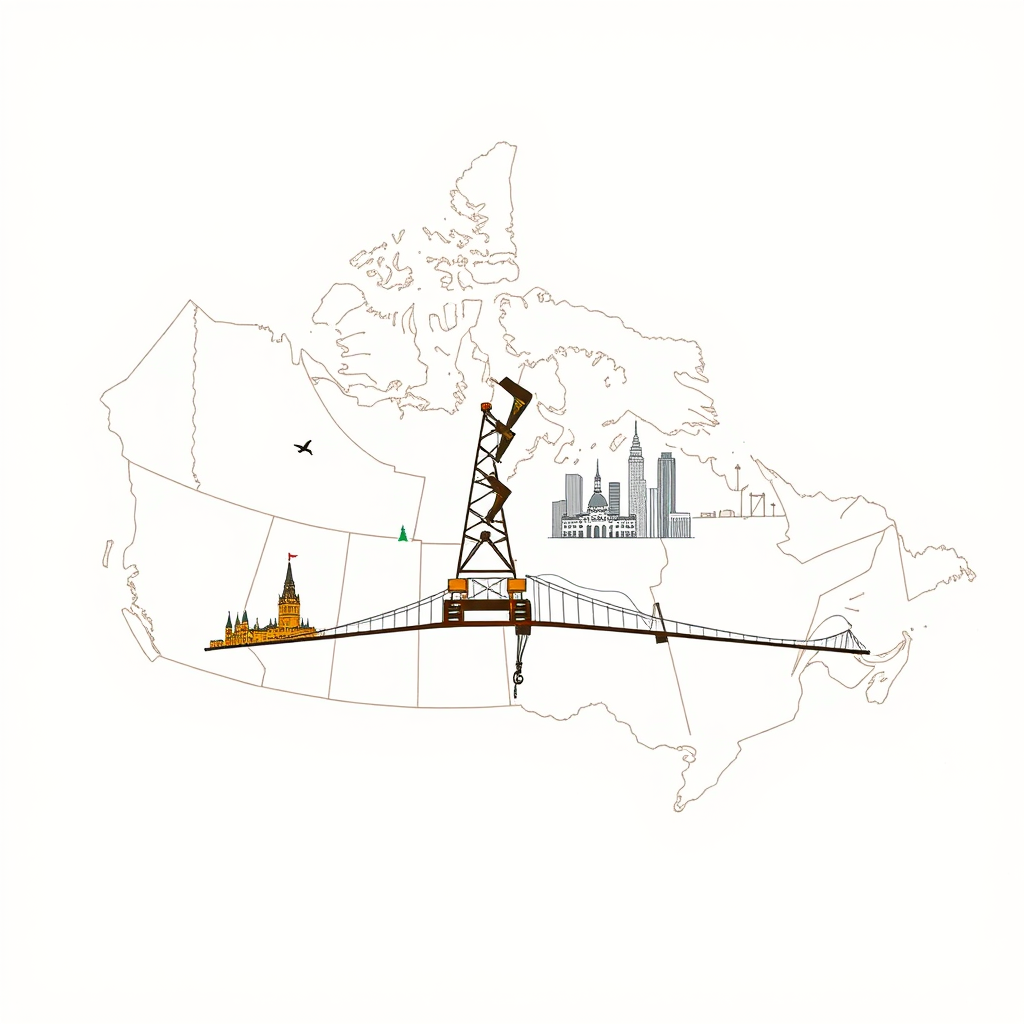Alberta Separation: Could Canada Lose a Province?

Alberta is grappling with a renewed push for separation from Canada, fueled by economic grievances and political tensions. Premier Danielle Smith recently announced the possibility of a provincial referendum on independence in 2026, contingent upon a successful citizen-led petition gathering sufficient signatures. While Smith personally doesn’t advocate for separation, she pledged to respect the democratic process if a substantial petition emerges.
The roots of this discontent lie in Alberta’s economic importance as a major driver of the Canadian economy, particularly its dominance in fossil fuel production – accounting for 84% of the nation’s crude oil and 61% of natural gas in 2023. The province boasts the highest per capita GDP in Canada. However, many Albertans feel Ottawa’s policies, particularly those of the current Liberal government, are hindering economic growth. Smith specifically cites blocked pipelines, canceled energy projects, and the implementation of a carbon tax as detrimental to the province’s prosperity.
This isn’t a new phenomenon. Calls for Alberta’s separation have surfaced for decades, stemming from a long-held sense of grievance against central Canada. However, public opinion remains largely opposed to separation. A recent poll indicates that most Albertans believe remaining within Canada is economically preferable, with only a small fraction favoring annexation by the United States.
The path to separation is complex. Canada’s constitution doesn’t allow for unilateral secession. Following Quebec’s attempts at separation in 1980 and 1995, the Clarity Act was enacted, requiring a “clear expression of a will” by a clear majority in any provincial independence referendum, as determined by the Canadian Parliament. Even with a successful referendum, negotiations with the federal government would be necessary to amend the constitution and allow for secession.
Prime Minister Mark Carney has responded to the situation by meeting with Smith, discussing measures to improve Alberta’s economic prospects and increase market access for its resources. Both leaders expressed a desire to collaborate on lowering the cost of living and strengthening the Canadian economy. Smith has also announced the formation of a negotiating team and an “Alberta Next” panel to gather public input on the province’s future.
While the prospect of Alberta separating from Canada remains uncertain, the situation highlights a deep-seated tension between provincial economic interests and federal policy. The coming months will be crucial in determining whether these tensions can be resolved through negotiation and compromise, or if they will escalate towards a potentially divisive referendum. It’s a precarious situation, and the federal government would be wise to address Alberta’s concerns proactively to prevent further escalation. Ignoring these grievances could ultimately prove detrimental to national unity.